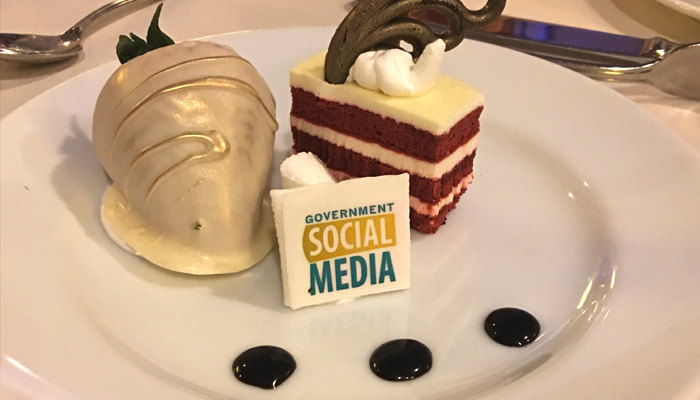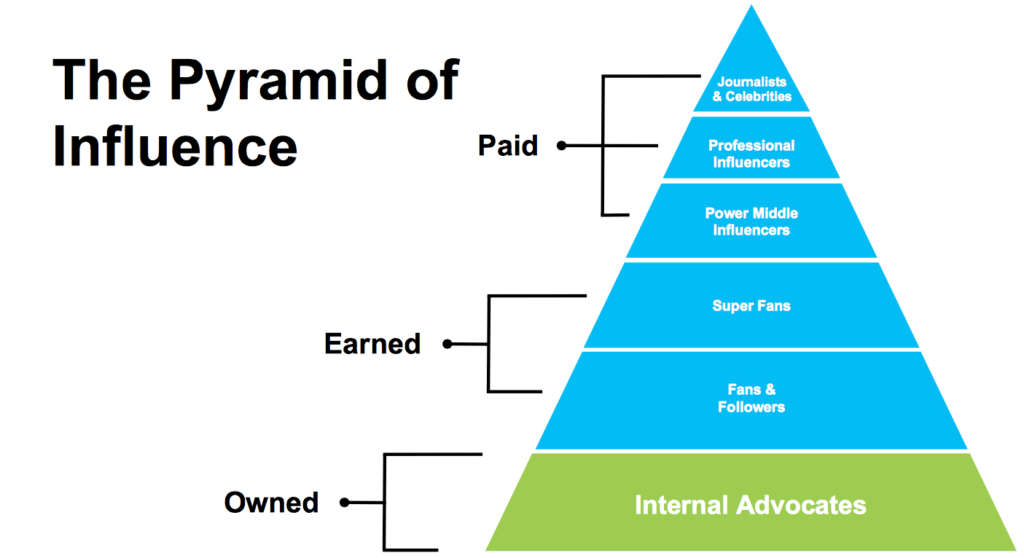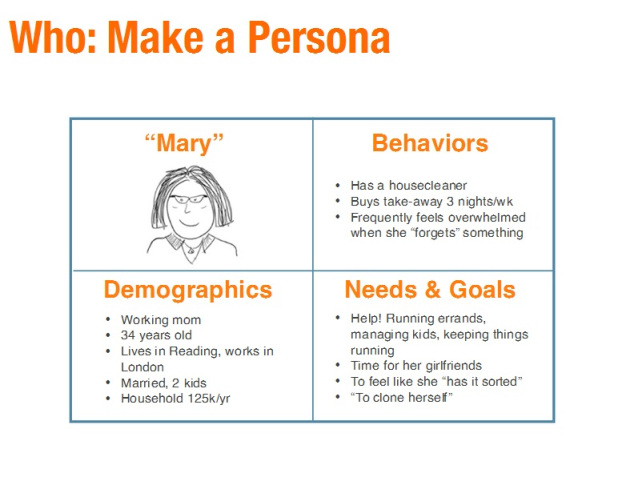Our guide to social media strategy success for the public sector
Why a fresh approach can increase success
Social media is becoming increasingly well-used across the public sector for everything from public notices to community announcements to event updates and reminders. When used well, social media can be one of the most efficient and effective marketing tools for your organisation.
[click_to_tweet tweet=”When used well, social media can be one of the most efficient and effective marketing tools for your organisation.” quote=”When used well, social media can be one of the most efficient and effective marketing tools for your organisation.”]
Take a holistic approach
While one department is often responsible for the development and implementation of a social media strategy within an organisation, to gain a better outcome, a more holistic approach should be taken across the board.
The responsibility usually falls with the marketing and communications department to develop, ‘own’ and almost certainly implement the strategy, but involving teams from across the organisation will help achieve the best outcomes. Most teams will be affected in some way by the strategy, so their input is essential. After all – they know the ins and outs of their department and are best-placed to advise on what needs to be conveyed, rather than leaving it up to assumption.
Solution?
One solution to make the process more holistic is to form a cross-functional team or hold a workshop with representatives from each department that may be involved in social media or who will feel the impact. It’s important to get all colleagues on the same page when it comes to implementing the strategy so they’re already advocates. One key to developing a successful strategy is to find champions who are interested in experimenting with social media and include them in the process from the beginning.
No cookie cutter solution
There’s no ‘one-size-fits-all’ approach to a social media strategy. What may suit one organisation may not suit another. Your service output and brand status may dictate where you need to place your efforts with social media. While one local government may be dedicated to attracting tourism and promoting events via visual mediums, another may need social media purely from a functional perspective – i.e. to inform residents of ‘business as usual’ occurrences, such as waste collections and Council meetings.
What may work for your neighbours may not work for you and vice versa. This should all be assessed as part of your research when producing your social media strategy.
Solution?
Look at your current social media data to discover who your ‘followers’ are and which channels have the most interaction. Stick to two or three channels and do them well. It’s better to concentrate on your output from a couple of sources versus spreading yourself and your resources too thin trying to maintain multiple social media accounts. Remember, you don’t just post content – you have to interact with your followers and develop relationships. This can become overwhelming if you have too many to keep track of.
Enhance, don’t replace
Your social media strategy should complement your existing communication channels, not replace them. As a service provider, your website is still an essential vehicle to convey information to the public, along with other traditional methods of communication, but you need to go where your audience is, and these days that’s on social media.
Solution?
Keep all your channels of communication up to date and relevant and use social media as a way to drive people to find more information. Used effectively, social media’s reach is above and beyond other forms of communications such as your website or an ad in the local paper and it allows a running dialogue, but it needs to be backed up with a solid foundation of good, up-to-date information.
[click_to_tweet tweet=”Companies should focus more on how to BE social, and less on how to DO social media.” quote=”Companies should focus more on how to BE social, and less on how to DO social media.”]
Automate
Keeping social media up-to-date and posting relevant information can be labour-intensive and time consuming, particularly if you want to pump out a few posts a day.
Solution?
Using a social media scheduling tool such as Hootsuite helps automate your content and means you can schedule your posts in batches. This not only saves time and keeps things in order, it also means you can get other teams in the organisation involved by showing them the schedule of posts before they go live and sending out data feedback to teams to indicate what’s working and what’s not.
Forever evolving
Remember that your social media strategy is not static – it is a living, breathing document that’s meant to create an intended outcome, which will evolve over time.
Once you’ve developed the strategy, don’t file it away. Your social media strategy should be a guide that grows to accommodate your changing needs. Use it, shape it and let it develop into something that’s of great value to you and your organisation.
How have you implemented a social media strategy into your organisation?
Are you currently working on a strategy or do you have some tips of your own you can share? Let us know. We’d love to hear from you.






